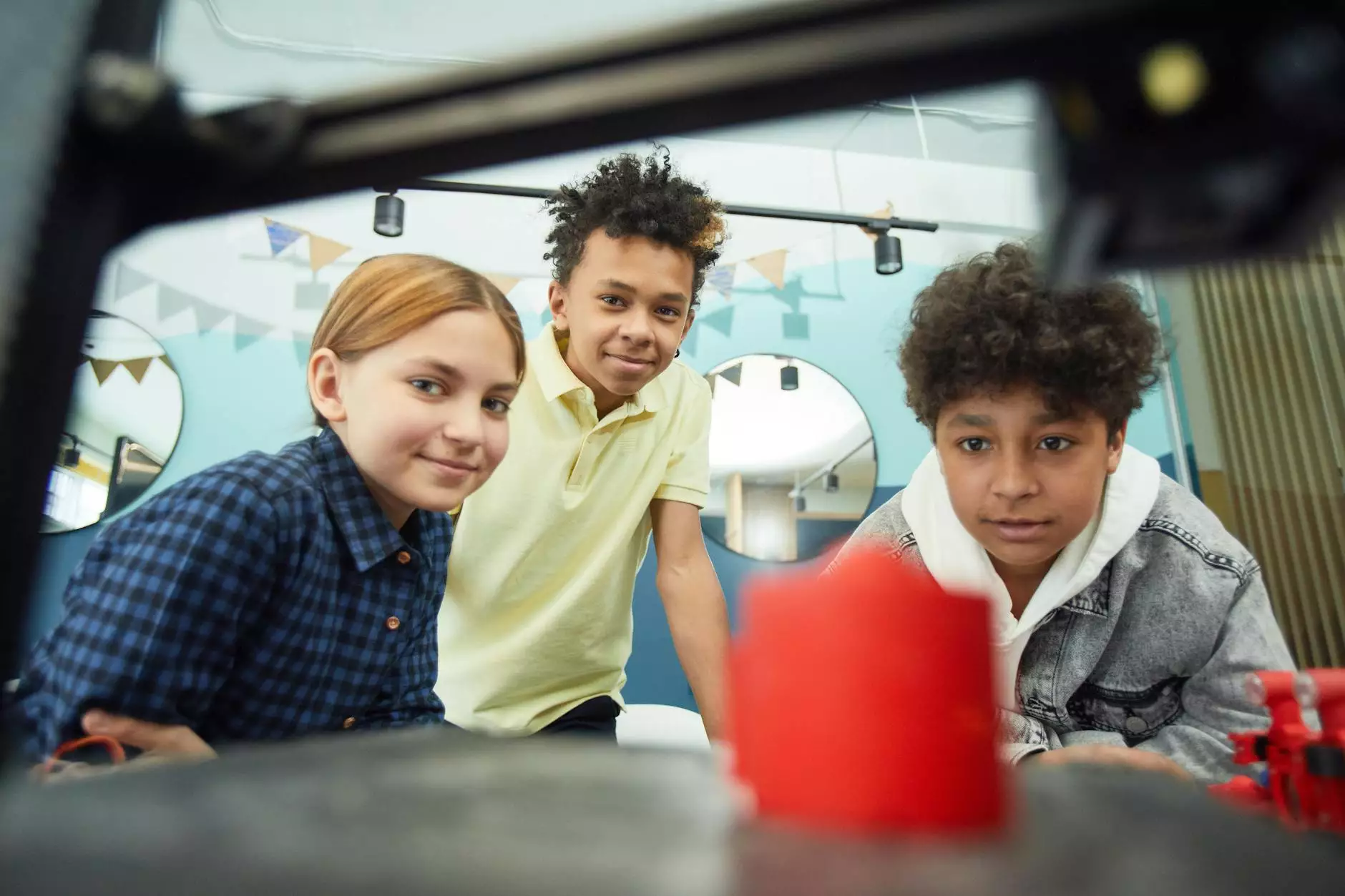The Power of Education and 3D Printing

The Role of Education in Unlocking the Potential of 3D Printing
Education plays a vital role in shaping the future, and when combined with the power of 3D printing, the possibilities are truly endless. At Blog.SelfCAD.com, we explore the convergence of education and 3D printing, shedding light on the transformative impact it has on various industries.
1. Education and Its Influence on 3D Printing Innovation
As technology continues to advance, equipping students with the necessary skills becomes increasingly important. Educational institutions worldwide are recognizing the potential of 3D printing as a tool to inspire creativity, critical thinking, and problem-solving abilities among students. By integrating 3D printing into their curricula, educators can unleash their students' imaginations and foster a passion for innovation.
Students who engage with 3D printing technology gain a deeper understanding of STEM (Science, Technology, Engineering, and Math) concepts. They can turn abstract theories into tangible models, reinforcing their understanding of complex subjects.
2. Revolutionizing Education Through Hands-on Learning
Traditional educational approaches often rely on textbooks and lectures, which can limit students' ability to fully grasp complex concepts. 3D printing offers an immersive learning experience where students can bring their ideas to life in a tangible way.
With 3D printers becoming more accessible and affordable, schools and other educational institutions can introduce students of all ages to this revolutionary technology. Students can design and print objects, enabling them to materialize their creativity and enhance their problem-solving skills.
3. 3D Printing in the Classroom: Inspiring the Next Generation
The classroom is where young minds are nurtured and inspired. By incorporating 3D printing into the learning environment, educators have a powerful tool to engage students and cultivate their interest in a wide range of fields, including engineering, architecture, medicine, and design.
Students can explore their creativity, design prototypes, and even print functional objects using 3D printing technology. This hands-on approach empowers students to experiment, fail, and iterate, building their confidence and encouraging a proactive attitude towards problem-solving.
The Impact of 3D Printing Across Industries
Beyond education, 3D printing is making waves across various industries, revolutionizing the way we design, produce, and consume. Let's explore some of the sectors that have benefited from the transformative capabilities of this technology:
1. Healthcare and Biotechnology
The healthcare industry has embraced 3D printing to advance patient care and enhance surgical procedures. From creating customized medical implants to printing complex anatomical models for surgical planning, 3D printing allows for greater precision and efficiency.
Biotechnology has also leveraged 3D printing to produce tissues and organs for transplantation, significantly advancing the field of regenerative medicine. The ability to print patient-specific organs has the potential to save countless lives.
2. Architecture and Construction
Architects and construction companies are using 3D printing to streamline the building process, reduce costs, and minimize waste. By printing precise and intricate architectural models, architects can communicate their vision more effectively, ensuring that all stakeholders are on the same page.
Additionally, the construction sector benefits from 3D printing's ability to produce complex structural components quickly and efficiently. This technology is paving the way for sustainable and customizable building practices.
3. Manufacturing and Prototyping
3D printing has transformed traditional manufacturing processes by decreasing production times and facilitating rapid prototyping. With the ability to create customized parts on-demand, manufacturers can optimize supply chains, reduce costs, and iterate designs faster than ever before.
Furthermore, small businesses and entrepreneurs can now bring their ideas to life without the need for large manufacturing resources. 3D printing offers a level playing field, leveling the entrepreneurial landscape and encouraging innovation.
Conclusion
The synergy between education and 3D printing showcases the immense potential to shape a better future. By empowering students with hands-on experiences and fostering a passion for innovation, we pave the way for a new generation of thinkers, inventors, and problem solvers.
From transforming classrooms to revolutionizing industries, 3D printing is unlocking possibilities at an unprecedented pace. At Blog.SelfCAD.com, we are dedicated to providing valuable insights into the world of education, 3D printing, and their vast applications, inspiring individuals and businesses alike to embrace this remarkable technology.










